By Dr. Elayne Daniels | June 17, 2021 | 0
How do you know if your child’s body image problems are cause for concern?
If you’re thinking, “Oh great! Now this to worry about?” I get it. Just what you need –yet another thing on the mile-long list of concerns.
Please don’t panic!
At every phase of body image development, parents can do a lot of things to support their children’s body image and address signs of body image problems.
Whatever your child’s age, his relationship with his body is important. In fact, his body image is central to his sense of who he is. And it lays the foundation for well-being throughout life.
What is body image?
Body image is how your child feels and thinks about his or her body.
Positive body image means she’s relatively happy with how her body looks and moves. A child’s positive body image is central to confidence and self-esteem.
If a child has poor body image, she feels negatively about her body. Shemay not like how her body looks, or, for some other reason, may feel unhappy about her body. ‘These negative feelings lower confidence and self-esteem.
A child’s relationship with his or her body is one of the most important relationships he or she will ever have.
Children and Body Image
Everyone with a body has a body image — a relationship with that body. As with teens and adults, children can have body image problems, too.
Babies and Toddlers
- We are all born with a body. And that’s where body image begins – as a newborn, with a body.
- A year or so later, babies become toddlers and learn to crawl, stand, and walk. They take pride in doing things themselves.
- Parents can help babies and toddlers feel good about their bodies. You may do this through smiles and praise or by cuddling and playing. Tuning into and responding to their needs is another important way of nurturing children’s developing body image.
- Spend time 1:1 if possible and be mindful of maintaining direct eye contact.
Children
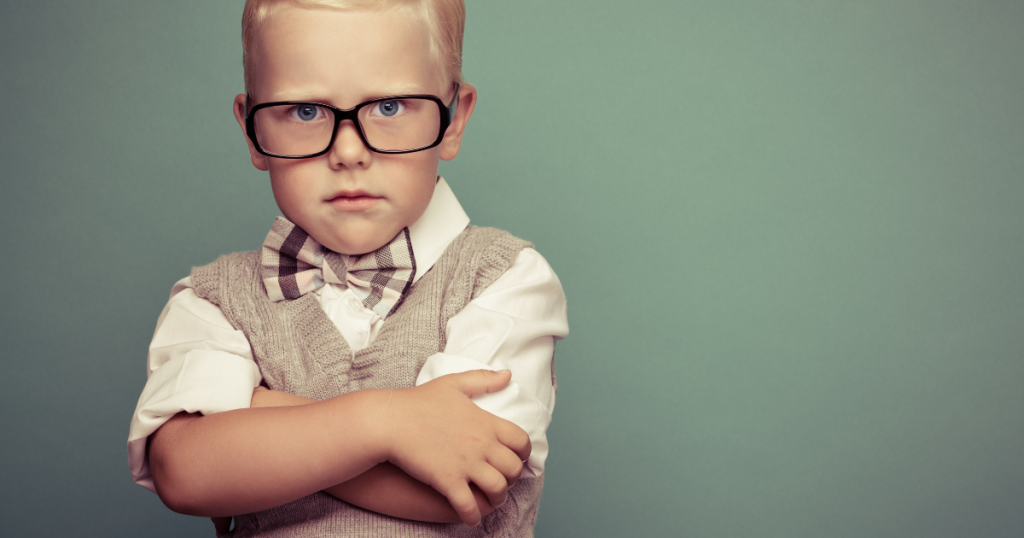
- Body image grows as your child grows.
- Poor body image occurs in children as young as 3-5 years of age.
- For each child, positive body image moments look different. ‘For example, when your son smiles in the mirror after a dental cleaning, delighting in his ‘shiny whites.’ Or when you include your daughter in your gardening, and she enjoys the feel of the dirt on her hands.
- All of these moments are rooted in body image and are an opportunity for you to support your child’s relationship with his body.
- Children naturally want to feel good about their bodies and how they look. They want to be able to do what other kids can do.
- As your child gets older, he will likely compare himself to others. This is normal. But comparisons can go south over time and cause body image problems.
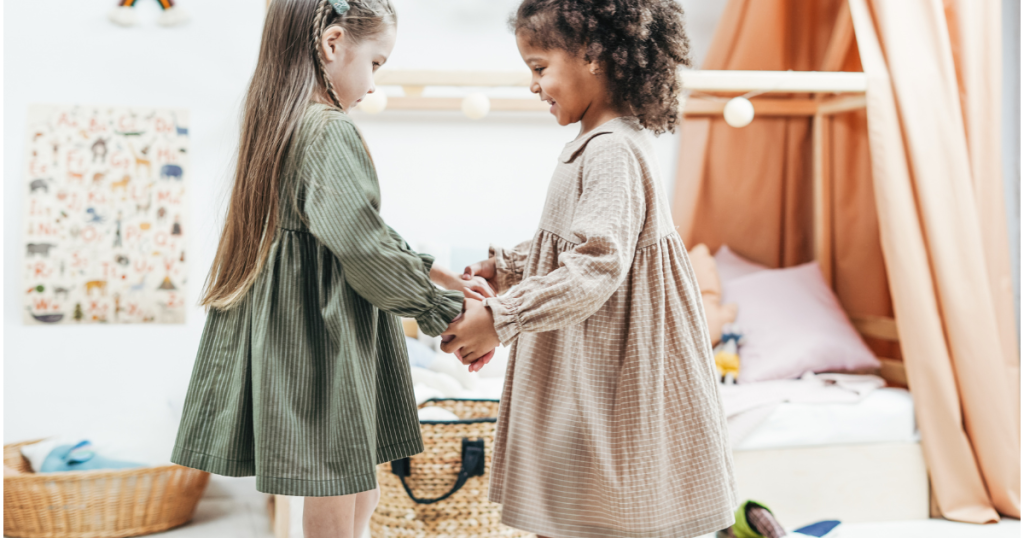
According to research on body image among children:
- More than half of girls and one-third of boys as young as ages 6-8 say their ideal weight is less than what their actual weight is.
- By age 7, one in four kids has attempted some sort of dieting behavior.
- As many as 41% of girls say they use social media to “make themselves look cooler.”
- A whopping 87%of female characters on TV that are between the ages of 10 and 17 are below the average weight for girls their age.
Body image problems are most common during adolescence.
- Puberty is one of the most challenging times for body image (among other things) So much is in flux at this time in children’s lives. The way they feel about their bodies may be one of many changes happening all at once.
- Body image problems are common during this phase of development.
- Your teenager may be excited about the way hisbody is changing. Or she may feel shy and modest. Or your teen may have feelings somewhere in between. All of it is normal.
- Being in a body that is changing can be stressful. Hair grows where it had never been. Body shape changes. Weight gain is biologically natural and common.
- Adjusting to a changing body is about more than just looks. Boys’ voices become more like men’s. Girls begin to menstruate.


Getting used to a body that looks and feels different takes time. It’s an adjustment.
There may be more body image problems than victories. And that’s ok.
- Kids who develop early may feel super awkward at first. Some feel proud.
- Teens who develop late may be excited to finally fit in with their friends.
- Or maybe their self esteem has already taken a hit.
- Your role as a parent is to educate, support, and provide assurance.
Being in a teenager ‘s body can = body image problems: What’s normal?
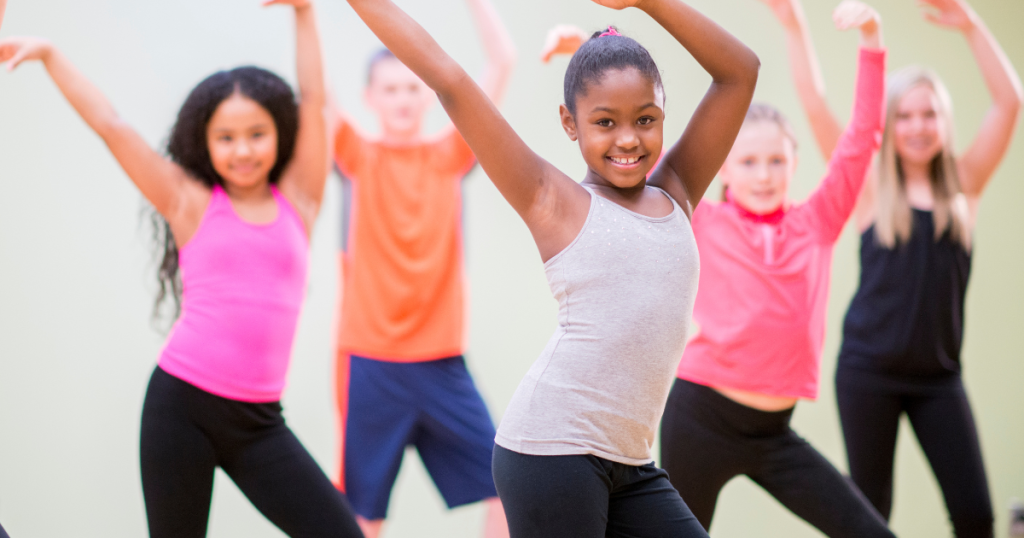
- Adolescence is a time when your son or daughter is prone to worry about weight.
- Kids become more aware of looks around the time bodies start to change, making physical changes difficult to deal with.
- Some kids grow wider before they grow taller.
- Some become taller and then fill out.
- Their relationship with their bodies can be challenging, especially if their growth sequence causes them to feel like they don’t fit in.
- Preteens and teens may try out new looks and styles, often dressing to fit in or to stand out.
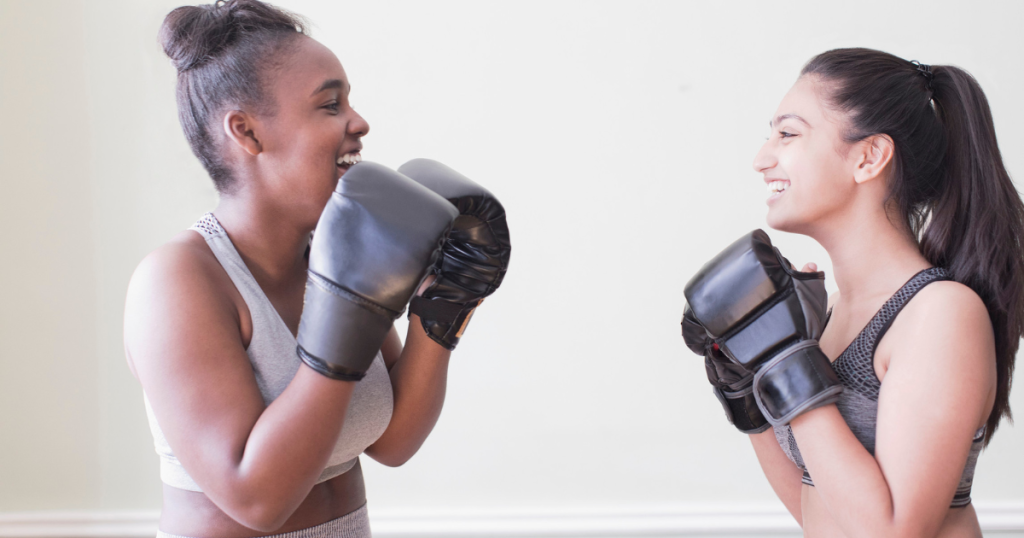
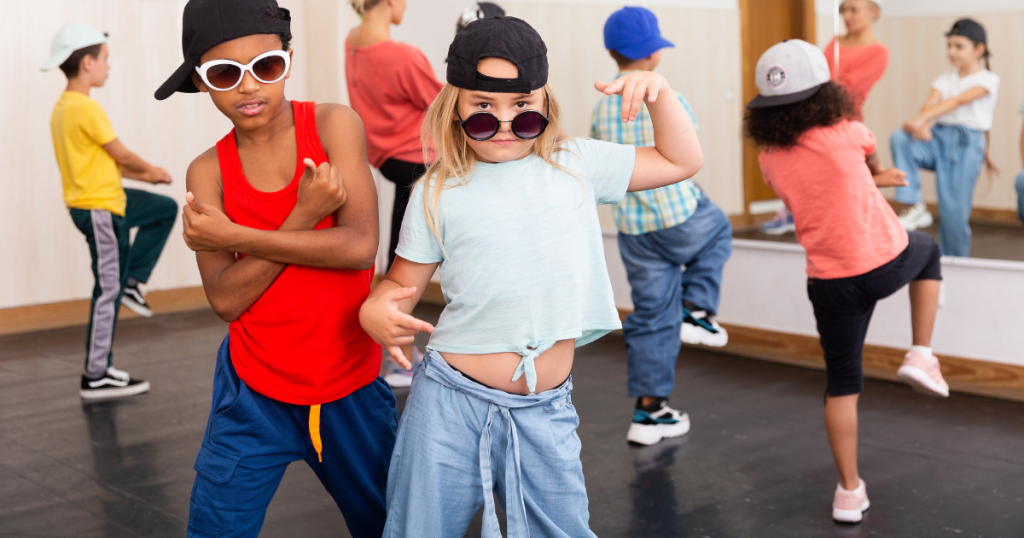
- Some kids focus on what they don’t like about their bodies.
- Boys may wish they had more muscles. Girls may wish they were thinner or had a bigger butt.
- Being self-critical about looks hurts everyone’s body image. This is especially true for teens.
- In addition to speaking negatively to themselves, some kids are teased or shamed about their bodies.
- Bullying in all forms, including cyberbullying, is harmful, whether it happens on social media or in person.
Bullying can easily trigger body image problems, especially when you consider that kids in larger or smaller bodies are at higher risk for being bullied.
What can parents do to help with body image problems?
It seems almost inevitable that, at some point, Aunt Phyllis or some other well-intentioned person will make a comment about your child’s body. Maybe the comment is in the form of a diet recommendation. Any such talk is likely unhelpful and may negatively affect body image.
Parents have limited control of outside forces, such as peers, media, social media, classmates, and teachers.
But parents do have some agency in their child’s relationship with his or her own body.
If you’re reading this article, you’re clearly a parent who wants to do your best to encourage your teen to feel comfortable in his or her body.
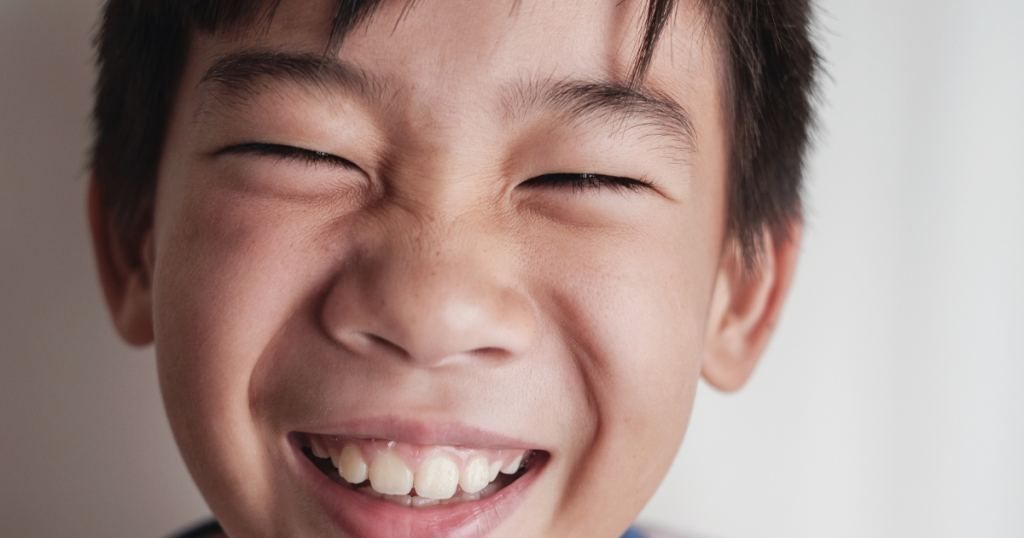
Remind yourself and your teen that health and happiness are not equated with weight loss or weight gain, nor with appearance in general.
You could help your teen focus on his or her talents, passions, strengths, and other valuable qualities, along with appearance.
Talk with and listen to your child. Talk about everyday things — school, friends, sports, classes — and even bodies and body image.
Show interest in your child’s interests, hobbies, opinions, and schoolwork.
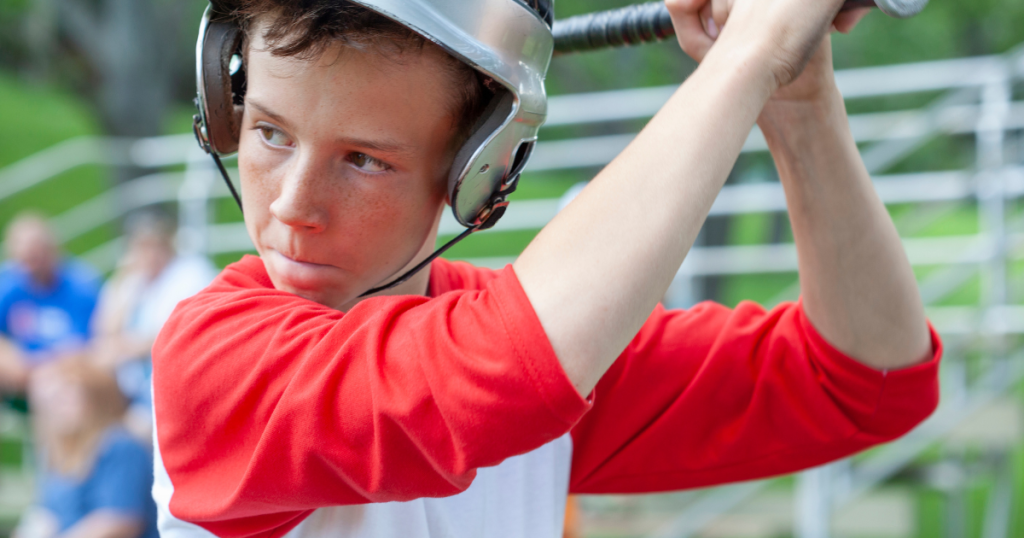
Minimize the focus on appearance. Encourage your child’s passions and the discovery of special skills, talents, and joy.
A healthy body image comes from accepting one’s body, liking it, and taking care of it. Even when there are things kids can’t do, they can feel good about what they can do.
Talk about your own body in positive ways. Accept your own body and take good care of it. Kids will pick up on this and do the same for themselves.
A child’s body image can improve, even if it has been hurt.
The most important thing for you as a parent is to be a good body image role model.
Dr Elayne Daniels is in private practice in the Boston area. Areas of expertise include body image and eating disorders. She’s passionate about helping people improve their relationships with food and their bodies.


